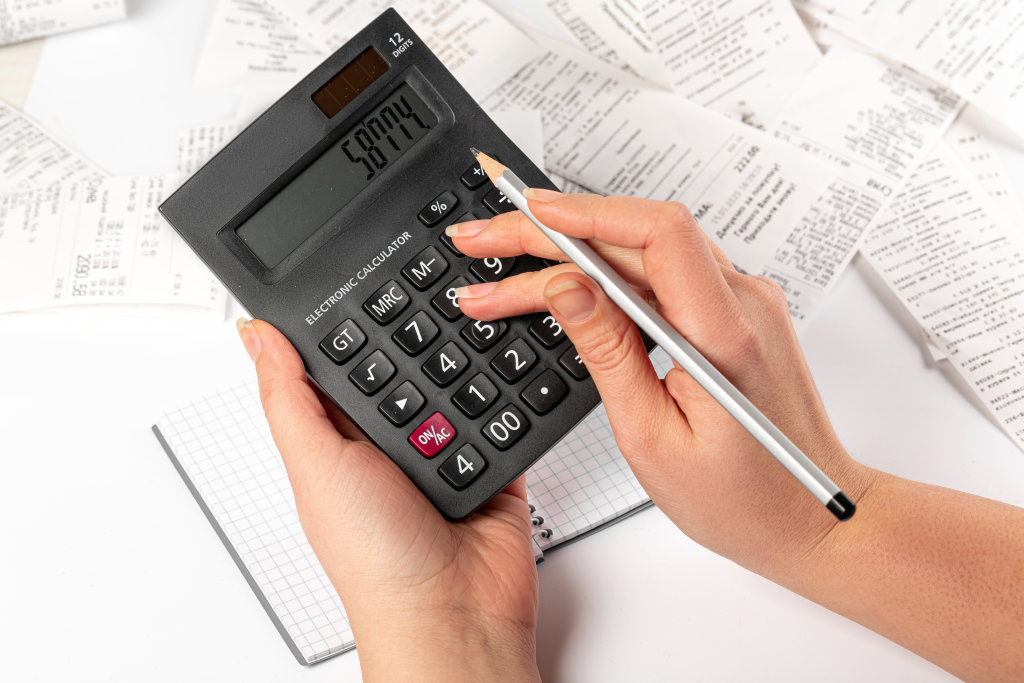How to Effectively Manage and Control Project Cost as a Quantity Surveyor

6th October, 2023
As a quantity surveyor, one of the most crucial tasks is to manage and control project cost. The success of any project depends on the ability to deliver within the budget. Failure to manage and control costs can lead to financial losses, delays, and even the abandonment of the project. In this article, we will discuss some effective ways to manage and control project cost as a quantity surveyor.
- Project Cost Planning
The first step in managing and controlling project cost is to plan. Cost planning involves estimating the total cost of the project, preparing a budget, and identifying potential risks and uncertainties that may affect the cost of the project. The budget should be flexible to accommodate any changes that may arise during the construction process.
- Regular Cost Reporting
Regular cost reporting is necessary to keep track of the project’s progress and ensure that it stays within the budget. The quantity surveyor should prepare regular cost reports that show the actual cost incurred against the budgeted cost. The report should also indicate the project’s progress in terms of the work done compared to the work planned. Timely reports will help to identify any cost overruns or savings, enabling the project team to take corrective action.
- Effective Cost Control Techniques
There are several effective cost control techniques that quantity surveyors can employ to manage and control project cost. These techniques include:
a) Cost Management Software
The use of cost management software can help quantity surveyors to track and control project costs more efficiently. The software can automate many of the cost management processes, such as budgeting, forecasting, and reporting, making cost control easier and more effective.
b) Value Engineering
Value engineering involves identifying the most cost-effective methods of achieving the desired project results. This technique involves optimizing the cost-benefit ratio by considering various design options, materials, and construction techniques. By applying value engineering, quantity surveyors can reduce project costs while maintaining the desired level of quality.
c) Cash Flow Management
Cash flow management involves monitoring and managing the inflow and outflow of cash in a project. This technique helps to ensure that there is enough cash to fund the project at all times. Quantity surveyors should create a cash flow forecast that shows the expected inflows and outflows of cash throughout the project period. This approach will also help to identify the best time to invest resources in the project to reduce costs.
- Risk Management
Risk management involves identifying potential risks that may affect the project’s cost, schedule, and quality. As a quantity surveyor, it is important to implement effective risk management strategies to minimize any adverse impact on the project. Risk management strategies include:
a) Risk Identification
This step involves identifying potential risks that may affect the project. Some of the potential risks could be labor shortages, changes in material prices, natural disasters or political instability.
b) Risk Assessment
After identifying potential risks, the next step is to assess the probability and impact of each risk. This process helps to prioritize risks and develop a plan to manage them.
c) Risk Mitigation
Risk mitigation involves developing a plan to reduce the probability and impact of risks. Some of the strategies may include identifying alternative suppliers for materials or sub-contractors, stockpiling materials to hedge against price changes, selecting a site with minimum risk to natural disasters and insurance for risks that cannot be completely mitigated.
- Effective Procurement Management
Procurement management involves selecting and managing suppliers and sub-contractors for the project. As a quantity surveyor, it is crucial to find the most cost-effective suppliers who can deliver the required quality within the budget. Effective procurement management strategies include:
a) Early Planning
The quantity surveyor should begin the procurement process as early as possible to allow adequate time for supplier selection and negotiation.
b) Competitive Bidding
The quantity surveyor should invite bids from several suppliers to ensure that the project gets the best value for money.
c) Contract Management
The quantity surveyor should carefully manage all contracts with suppliers and sub-contractors to ensure that they deliver to the project’s budget, schedule, and quality expectations.
- Change Management
Changes in project scope are inevitable, and they can have a significant impact on project costs. Proper change management processes can help to keep the project cost under control. Change management strategies include:
a) Documentation
The quantity surveyor should document all changes to the project’s scope, schedule, and budget. This documentation should include the reasons for the change, the estimated cost impact, and the approval process.
b) Approval Process
The quantity surveyor should have a formal process for approving changes to the project. All changes should be documented, and an approval process should be in place to ensure that changes do not occur without appropriate authorization.
c) Cost Impact Analysis
Before approving changes, the quantity surveyor should conduct a cost impact analysis to determine the effect of the changes on the project cost, schedule, and quality.
Conclusion
Managing and controlling project cost is critical to the success of any project. Quantity surveyors play a vital role in managing and controlling project cost.




